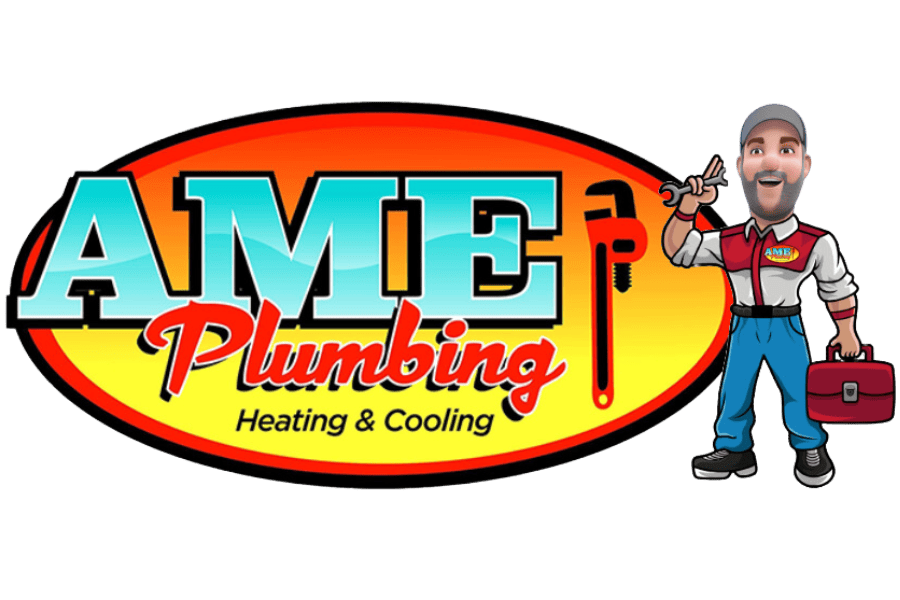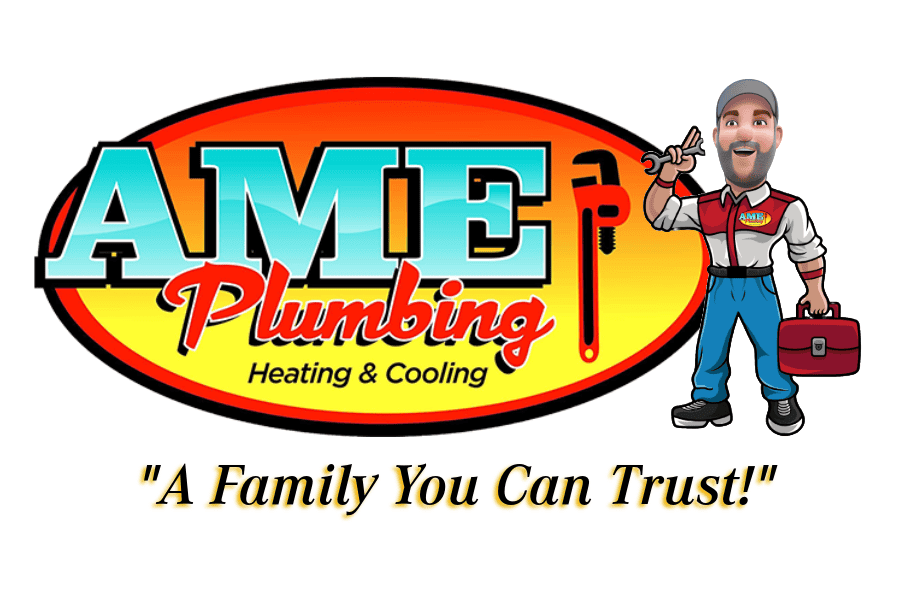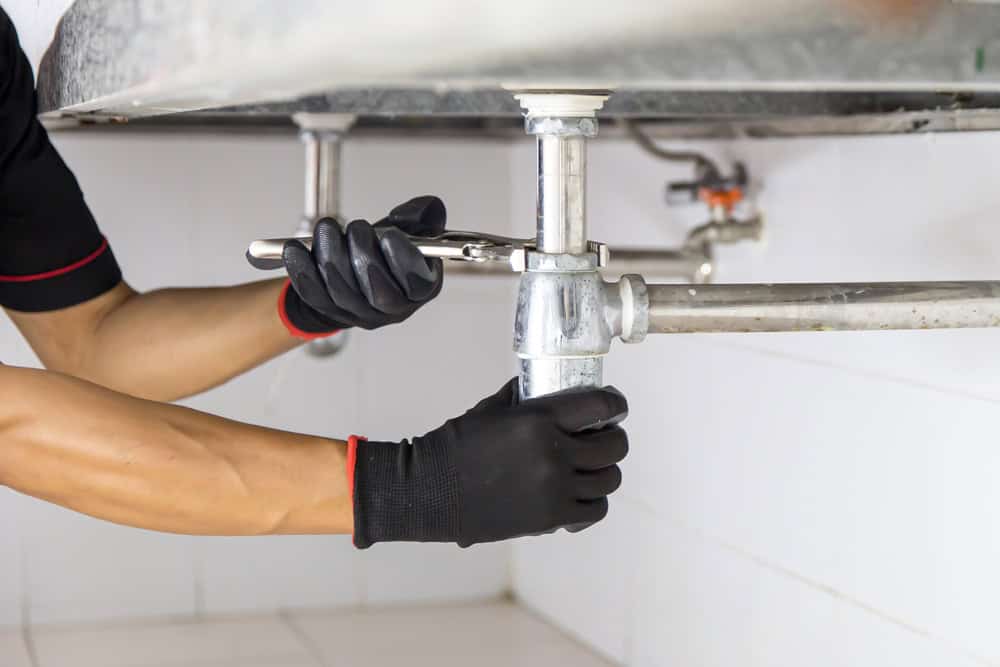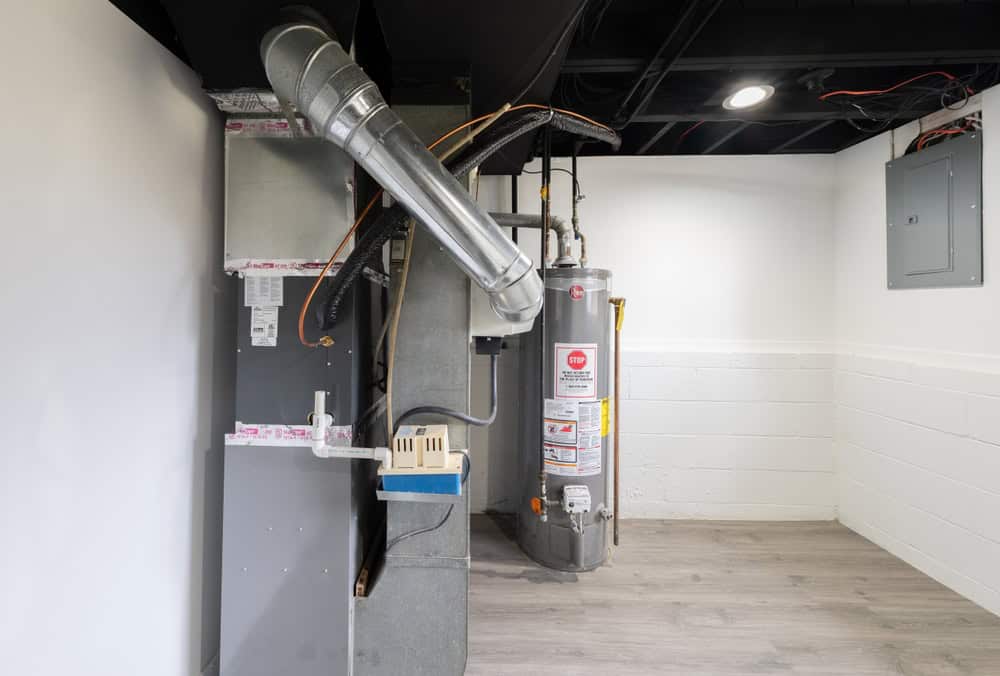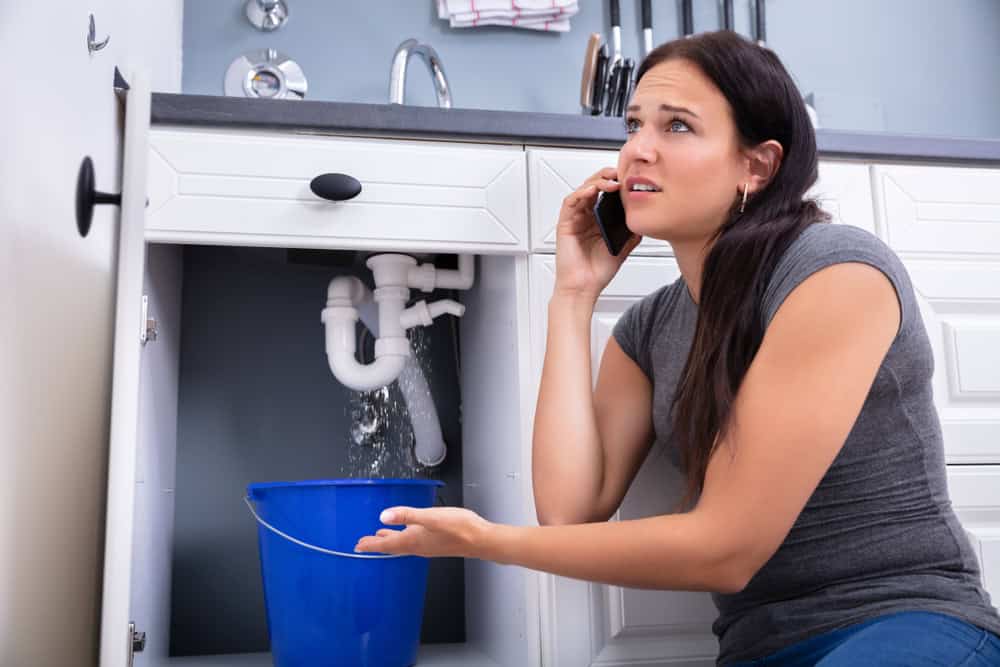Summary:
Blockage Formation Patterns in Monmouth County Homes
Drain blockages develop through predictable accumulation patterns that vary by location and usage within your plumbing system. Kitchen drains collect grease that liquefies during washing but solidifies at normal pipe temperatures, creating progressive narrowing that eventually stops flow completely. Bathroom drains accumulate hair combined with soap residue, forming dense mats that trap additional debris while allowing water passage to slow gradually. Monmouth County’s iron-rich water contributes to these problems by depositing mineral scale that roughens pipe interiors, providing surfaces where organic matter adheres more readily. Tree root infiltration becomes problematic in areas with mature oak and maple trees, as roots seek moisture and nutrients found in sewer lines, growing through joints and creating complete blockages. AME Plumbing Heating and Cooling uses diagnostic cameras to identify these specific blockage types before applying targeted removal techniques, preventing the trial-and-error approaches that can damage pipes or fail to address root causes.
Grease and Oil Solidification Problems
Cooking oils and fats create some of the most persistent blockages because they undergo phase changes within pipe systems. Liquid grease poured down drains cools and solidifies into waxy deposits that accumulate layer by layer, progressively reducing pipe diameter until water flow stops completely. These blockages resist simple plunging because solidified grease requires heat or chemical dissolution to remove effectively.
Hair and Organic Matter Accumulation
Cooking oils and fats create some of the most persistent blockages because they undergo phase changes within pipe systems. Liquid grease poured down drains cools and solidifies into waxy deposits that accumulate layer by layer, progressively reducing pipe diameter until water flow stops completely. These blockages resist simple plunging because solidified grease requires heat or chemical dissolution to remove effectively.
Professional Clearing Techniques for Lasting Results
Effective drain clearing requires matching specific techniques to blockage types and pipe materials found in your system. Hydro jetting using 3,500 PSI water pressure removes grease accumulations and scale buildup that resist conventional snaking, while rotating cable systems equipped with cutting heads address root intrusions without damaging pipe walls. Chemical drain cleaners often worsen problems by partially dissolving blockages that reform downstream or by corroding pipes, creating rough surfaces that encourage future accumulations. Professional equipment includes inspection cameras that identify blockage locations and types before clearing begins, preventing the pipe damage that occurs when inappropriate tools or excessive force are applied. AME Plumbing Heating and Cooling calibrates water pressure and tool selection based on pipe material—cast iron systems require different approaches than PVC installations to prevent structural damage during clearing operations. These precision techniques achieve complete blockage removal while preserving pipe integrity, preventing the recurring clogs that result from incomplete clearing or surface damage.
High-Pressure Water Systems for Complete Blockage Removal
Hydro jetting systems generate water pressures up to 4,000 PSI while controlling flow rates to match pipe specifications and blockage types. Forward-cutting nozzles remove accumulated debris, while reverse jets pull loosened material back toward access points for removal. This technique achieves complete pipe cleaning rather than simple hole-punching that leaves partial blockages ready to reform quickly.
Preventive Maintenance Programs That Stop Problems Early
Regular drain maintenance prevents the accumulation cycles that create major blockages requiring emergency service. Monthly enzyme treatments break down organic matter before it hardens, while annual camera inspections identify developing problems when they’re still easily corrected. These preventive approaches cost significantly less than emergency clearing while eliminating the inconvenience and potential property damage associated with complete blockages.
Maintain Clear Drains Through Professional Service
Effective drain maintenance combines understanding blockage formation with applying appropriate clearing techniques before problems become emergencies. AME Plumbing Heating and Cooling provides both emergency response and preventive maintenance services, keeping your Monmouth County plumbing system functioning reliably. Contact us today to schedule drain inspection and cleaning services that prevent costly blockages while maintaining optimal flow capacity throughout your home.
